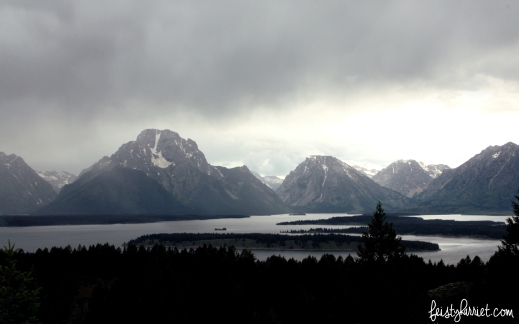Dear Harriet,
You just turned 21 and are struggling through some of the most difficult months of your life. You are being beaten and raped by your husband on an almost daily basis and, of course, he blames you for his behavior, you see your hurts and your position as your own fault. By winter you are almost completely numb and wondering what on earth there is to live for; you don’t see an out. For the last few months your only place of refuge–the only place you truly feel safe–is the bathtub, but you are no longer safe from yourself there. I know you have been scraping your skin off; your legs and stomach look like gazpacho and your pumice stones are stained with blood.
Stay with me, honey, don’t turn out the lights; it’s almost over. By March you will somehow find the internal strength to make a decision, and by the beginning of the summer you will be living in your own little apartment. That bastard will go back to the Midwest and you will only see him twice more in your lifetime. He will continue to deteriorate, but you will flourish.
*** *** *** *** ***
Melanie recently posted about what she would tell her 22-year-old self, I have been thinking about it for a couple of weeks. The first few years of my 20’s were volatile and looking back I still don’t know how I happened to come out on the other side in one piece. Truth be told, I wasn’t in one piece, I was a mess, held together with bandages and a few long-buried hopes and dreams. It took me a long time to feel like a whole person again, and I often look back to that girl and whisper to her to just keep going, it will get better, she will be okay. Sometimes I actually believe that these quiet encouragements can transcend time and all the laws of psychics, I wonder if the bloodied, broken girl in the bathtub can somehow hear my whispers, that she recognizes my voice and is calmed, puts down the stone, and is still.
*** *** *** *** ***
Right now so much seems hopeless, hang in there, young Harriet. You will find hope, you will be thrown into chaos, just breathe, you will be okay. You will make it through this, you will thrive, and you will find your happiness.
Love,


